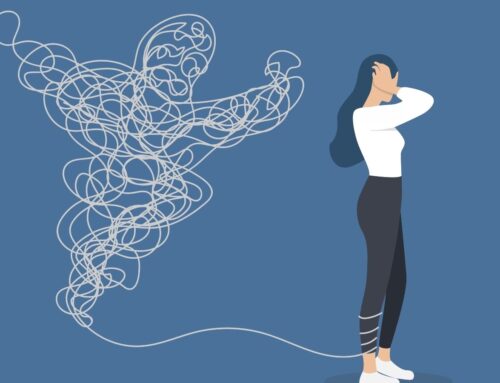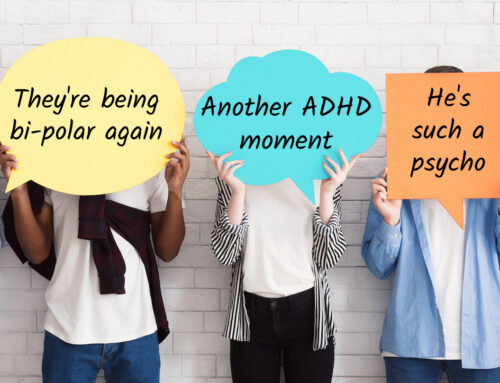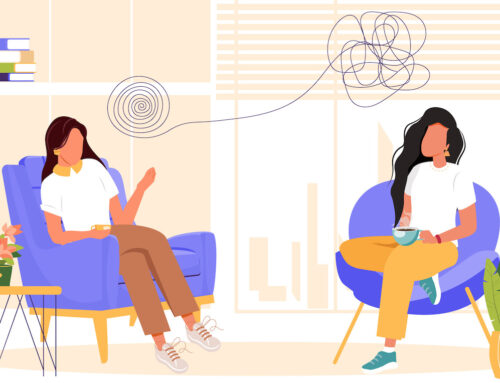By: Samantha Congdon, LMFT
During this pandemic, we are missing out on the life we used to live; one of the biggest factors being connection. These days going to the store can cause fear, missing our friends and family can increase sadness and trying to do school or job work at home can feel overwhelming and frustrating. When you are in your home struggling with negative feelings, it can feel as if you are alone, but you are not alone. Group therapy can help you process negative feelings through support and connection.
Online Group therapy is psychotherapy in which a group of individuals talk about their struggles together, with the guidance of a therapist. The size of a group can vary, from 5-15 individuals per group. The group time may also vary. Some groups may meet one time a week for an hour, and other groups may meet two times a week for two hours. The therapist leading the group can provide all logistical information before starting the group, so you feel clear about rules, policies and confidentiality.
Another important thing to expect when exploring if group therapy is for you is that most groups are designed to touch on a specific topic. For instance, some common groups focus on anxiety, social anxiety, depression or substance abuse; these are just to name a few. Other groups are designed to teach skills and help people learn ways to deal with anger, low self-esteem, or loneliness. Today, online therapy is a virtual way to get support in a group setting.
Maybe you are thinking, why would I want to talk to strangers about my struggles? It may sound intimidating to join a group of individuals you do not know and share your personal challenges and feelings. The American Psychological Association discusses the benefits of group therapy. The first benefit is that group therapy can act as a support network and sounding board. Group members often help offer new perspectives, which help you come up with ideas to help improve your situation. Another benefit is accountability. As a group that meets regularly you begin to care about one another’s success and that can help motivate you to continue to work on improving your mental health. Also, regularly talking and listening helps put your own problems in perspective, and it can be a relief to hear others discussing similar struggles. You’re not alone. During the COVID pandemic, we are missing connection and group therapy can be a valuable source of support during these uncertain times.
Reference: https://www.apa.org/helpcenter/group-therapy






